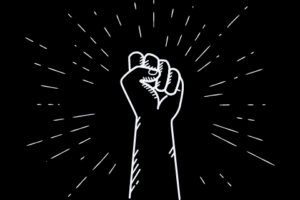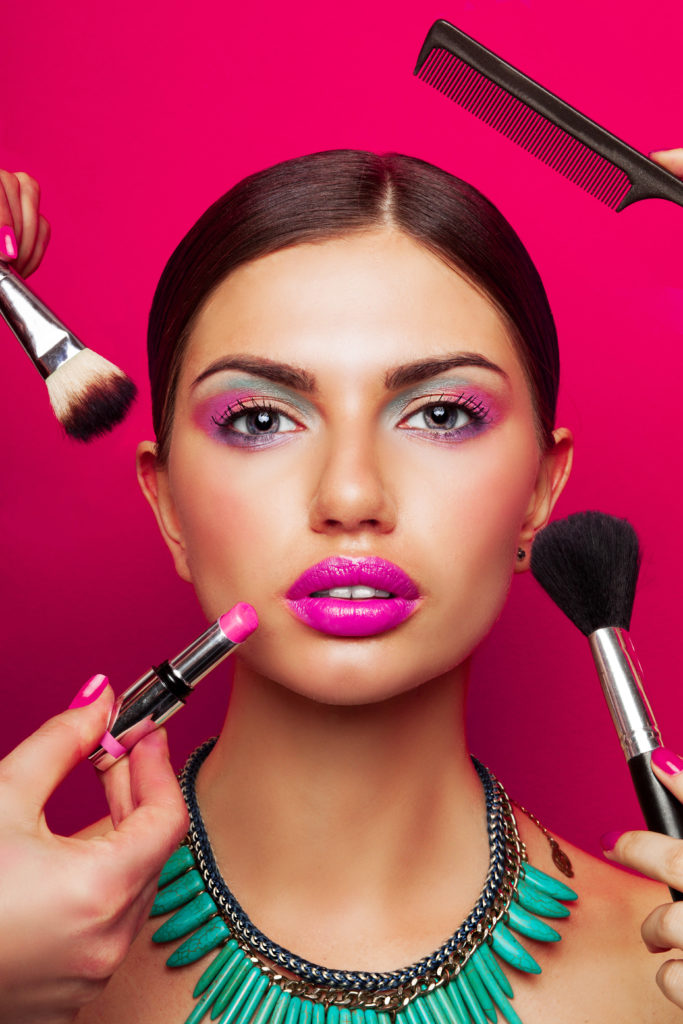We’ve all heard the saying “My Body, My Choice.” It applies to almost everything within our lives, what we choose to eat, how we choose to live and the ways we choose to use our bodies. It is a cut and dry reasoning that works for most scenarios, however, when it comes to vaccinations, does My Body, My Choice still hold ground?
In recent years, body autonomy has been mainly used in the context of the pro-life vs pro-choice debate. The pro-choice movement; a leftist cause, believes that individuals have a right to decide what happens to their bodies. A sentiment that is heavily opposed by the more conservative, pro-life movement. Ironically enough, when it came down to vaccinations, the same rhetoric shared by the pro-choice allies was picked up by the anti-vaxxers and anti-maskers, who are predominantly more conservative. They too believe that it is their body, therefore their choice to decide what to put into it.
This is where things become muddy. When it comes to deciding about something like abortion, it is extremely personal. It heavily affects the life of the individual making the decision and no one else (aside from family and friends). This decision doesn’t affect the mass public and definitely does not put anyone else at risk besides the person choosing to go through with the procedure. It is a decision that exists between that person and their body.
With vaccinations, on the other hand, the consideration of the decision goes further to affect a wider range of people. Not only does it affect your personal health but it affects factors like the healthcare system in your country, the lives of all the people you interact with daily and the ability for the pandemic to come to an end. In a sense, it is a decision that is much bigger than you.
How can we mediate this situation? Individuals should have a right to decide what goes into their bodies, especially when it is something to do with their wellbeing and health. But when the collective is put at risk with your decision, do you still fully have body autonomy?
Governments everywhere have been pushing their citizens to get vaccinated as soon as possible. The rate of vaccination all over the world has seen an exponential increase with a further upturn to come in the next few weeks. Rules are slowly being relaxed for fully vaccinated people and vaccinations will likely be a pre-requisite for travel in the near future.
All these factors will also play a key role in not-so-subtly coercing those who are refusing vaccinations. Many who are apprehensive will feel the pressure and seeing their fully dosed peers going back to life will make it very difficult to stay firm on their stance. Does this challenge body autonomy? Probably. But when it comes to the collective good, is it okay for us to give up some of ourselves for the sake of everyone else?
What do you think?












